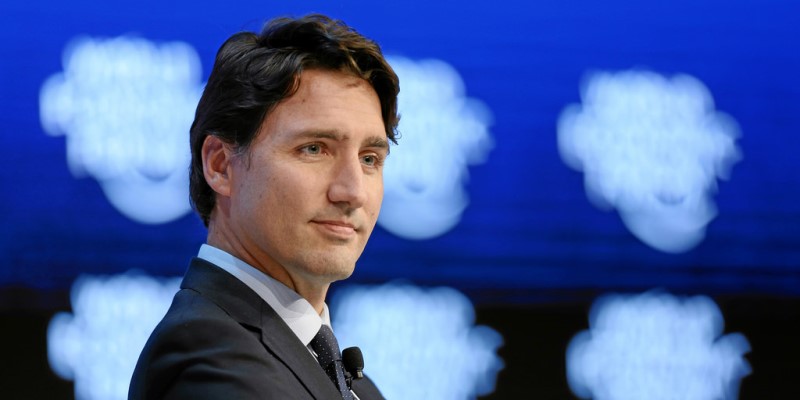Federal government relies on wishful thinking to rationalize deficits

The prime minister and his finance minister routinely take to the media to justify federal spending and the deficit, expected to exceed $40 billion despite a surge in revenues. When they’re not attacking (as the prime minister recently did on Quebec’s most-watched talk show) people who argue for fiscal restraint as proponents of “austerity,” they invoke the idea of “crowding in.”
But this is pure political chicanery. There’s no chance the current deficit will generate “crowding in,” despite what the prime minister says.
So, what is crowding in? Generally, economists agree that budget deficits cause interest rates to increase. This makes private investment costlier—a process known as “crowding out.” But this comes with the assumption that the deficits are incurred for regular operating expenses. Things are different if the deficit is meant to finance expenses for uniquely productive projects that are complementary to what the private sector does such as X, Y and Z. When this happens, economists speak of crowding in that might partially or completely offset the crowding out effect. Simply put, if governments pick the right projects and the right companies, they can attract and generate additional private-sector activity that would otherwise not occur, thus growing the economy.
These uniquely productive projects must be goods and services that private producers could not profit from because there’s no way to charge consumers for using them. These are known as public goods. Historical examples include lighthouses, weather information services, postal services, roads, policing, national defence and flood controls. Deficits to finance investments in these goods and services can actually help the private sector grow.
Another way a deficit could be beneficial is if it generates a good with “spillovers.” A classic example would be a piece of military technology that’s repurposed by private providers. As such, if the government can again pick the right technologies, it could crowd in investments by the private sector.
These are the two main ways that crowding in could theoretically happen. The problem is that crowding in practically rarely occurs. Economists have went to blackboard and posited that private industry could never produce certain goods. However, when other economists went on the ground or to the archives to study historical cases, they found that private entrepreneurs were often able to produce these goods and services in highly creative and efficient ways (sometimes more efficiently than the state). As such, the list of things deemed “public goods” has been narrowed and contested. Governments already provides most things that are widely agreed upon—national defence, courts, policing. Moreover, a large share of the current deficit—for items such as $13 billion for dental care and increases in the Canada student grants—fail to even remotely qualify as public goods.
With regards to spillovers, the case is even weaker. The heroic assumption is that governments can pick the right technologies and right companies to invest in—but in reality, governments appear ill-equipped to do so. Indeed, empirical studies on the effect of business subsidies or targeted support to technological adoption seem to find that government spending reduces this type of economic activity and sometimes deters further innovation.
This inability to pick winners is also apparent in the types of programs—clean technology adoption, for example—that the federal government announced in its latest budget. Assessments of government efforts to fund green energies (and their adoption) both in the United States and Canada generally find that taxpayers were (on net) left worse off as most of the projects picked by governments ended up failing. It’s hard to imagine why the current plan to pick winners would work better than in the past.
This is why empirical studies that attempt empirical generalizations regarding the importance of “crowding in” relative to “crowding out” tend to find that the latter dominates the former especially in countries that already have large governments. In other words, when governments run deficits to try to finance projects to enhance the private sector, the almost inevitable result is that (on net) they compete away funds from private firms, which means less business investment.
So, the theoretical case rarely materializes in the real world. Relying upon it to wish away adverse consequences of deficit spending is really just that—wishful thinking. Don’t fall for it.
Author:
Subscribe to the Fraser Institute
Get the latest news from the Fraser Institute on the latest research studies, news and events.

